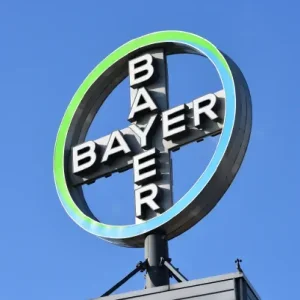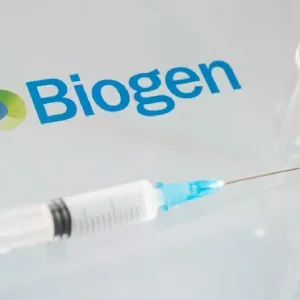The trend towards paying for medicines based on patient outcomes (OBP) are growing in both the US and Europe. With healthcare systems and the pharma industry broadly in agreement with the approach, this looks set to continue.
However there are a lot of challenges remaining to make OBP a mainstream approach. This includes questions about how to ensure that these mechanisms remain fair by balancing rewards for innovation with giving healthcare systems value for money and finding novel ways to pay for costly drugs which could provide life-saving treatment to patients. Also of central importance is the need to achieve robust data collection and real world evidence systems.
“We’re set to see more personalised medicines being launched over the next few years, so additional data will help ensure those treatments are being targeted at the patients most likely to benefit, and also help identify areas for further R&D investment,” said Andrew Miniuks, value and access manager at the Association of the British Pharmaceutical Industry (ABPI).
England’s leading devolved health region, Greater Manchester, has begun collaborating with Cancer Research UK to explore ways to adopt this approach. The partnership have commissioned researchers to consult experts in government, NHS England, NICE, the pharmaceutical industry, as well as people affected by cancer. This work aims to develop agreement on the treatment outcomes that will form the basis of an OBP approach as well as the feasibility of the approach as a whole.
“Outcome-based payment is a promising way to get some drugs to patients quickly where the NHS and the manufacturer are struggling to agree a fixed price, “said Emlyn Samuel, Cancer Research UK’s head of policy development. “This is already happening in other disease areas like hepatitis C and multiple sclerosis. We look forward to working with government, NHS England, industry and patients to make this approach an option for new cancer drugs too.”






